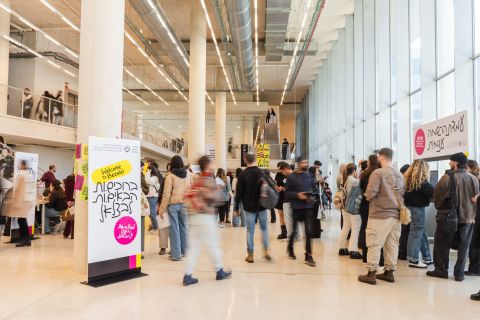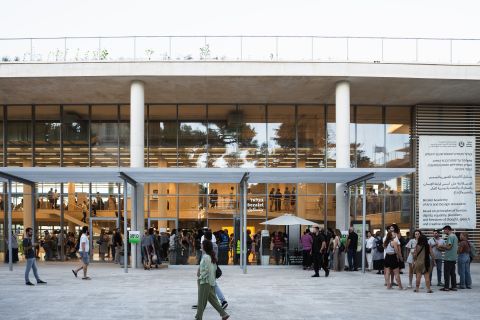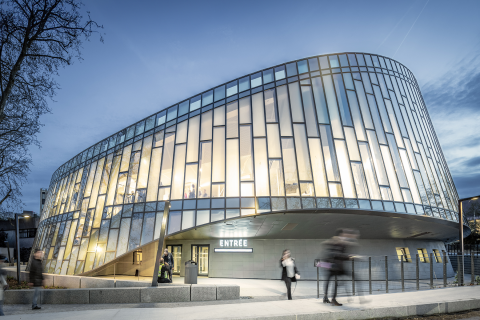Bezalel News
חדשות בצלאל
أخبار بتسلئيل
Why do we buy? A Personal view
The end of the year brings several massive shopping days with it, such as the Chinese Singles' Day and Black Friday. Despite the variety of campaigns criticizing mass consumerism (especially in the fashion industry) and its destructive ecological implications, and despite the ever-increasing cost of living, we don’t stop shopping. So why do we buy?
At the end of the Middle Ages and the beginning of the Renaissance with the development of humanism, a revolution occurred in the human soul, namely, the development of subjectivity. From a society that valued the communal (which can still be seen in certain societies, such as the Jewish ultra-orthodox), a secular culture began to emerge, which started to value the individual and his uniqueness. The new evolving subjectivity was a personal experience of differentiation and separation of the individual from the society surrounding him. It’s an emotional territory in which a man senses a distinction between the ‘self’ and others, or more precisely, ‘what is mine’, and ‘what’s not mine’. It is a person's desire to feel different from those around him. We are of course inherently different - we look different from those around us, we have a different height and different fingerprints, but this objective difference does not exist in our inner feelings, since subjectivity is an elusive and paradoxical feeling.
First and foremost, subjectivity is an unstable feeling. As part of the notion of ‘self’ (which in itself is unstable) it moves on the spectrum between a basic feeling of permanence, and the repeated experience of lack of permanence and change. More importantly, the sense of subjectivity doesn’t exist independently within a person, but rather forms through the relationship of other people towards him. Therefore, a sustained sense of subjectivity requires the renewed recognition by ‘the other’ in the altering manifestations of the "self”. To achieve this effect one needs an object or a style (such as a hair-cut, certain clothing, or a watch) that will represent materialistically and externally one’s identity and one’s distinction from ‘the other’ in that very moment. To concretely illustrate our subjective identity to ourselves and in order to maintain it as a stable and consistent notion, we appropriate material objects (which do not change) and different styles, through which we are affirmed by our surroundings. As the sense of subjectivity is ever changing, we need a large selection of objects (a variety of shirts, pants or shoes) so that we can feel different every day and receive the other's confirmation of our difference. And so, to satisfy the subjectivity monster and its need to be renewed, we consume more and more products in the effort to make others see us, our ‘difference’, and affirm, time and again, our ‘self’ and our identity.
Prof. Ory Bartal
Lecturer at the Department Visual and Material Culture








